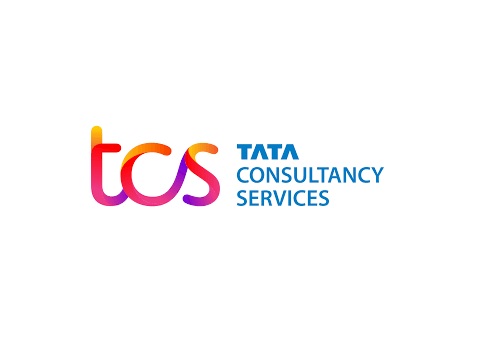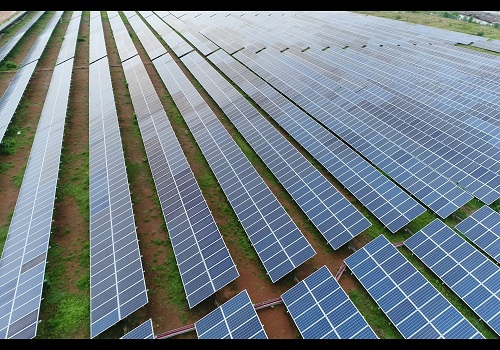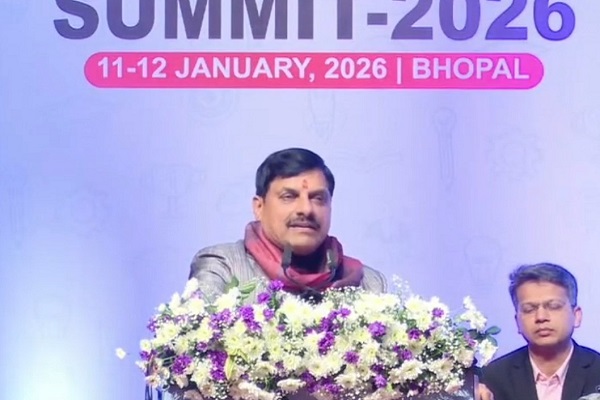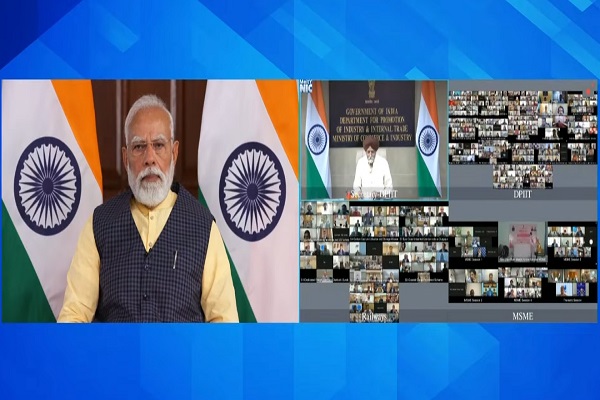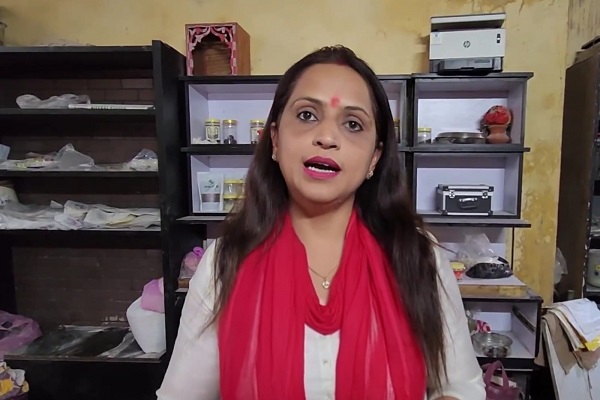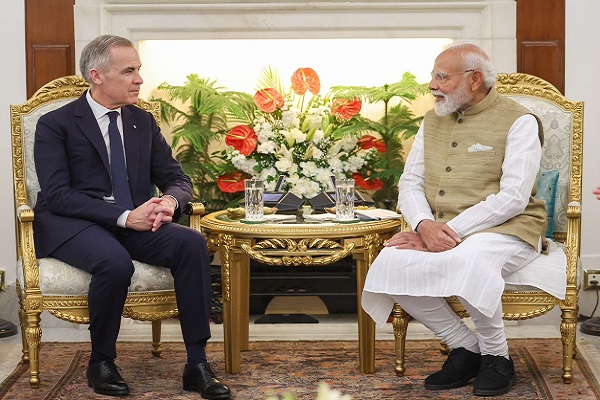World problems can`t be solved without India`s involvement: German Minister

Germany's Development Minister Svenja Schulze, who is on a three-day visit to Gujarat to represent her country at the 4th Global Renewable Energy Investor's (RE-INVEST) meet here, has said that the problems of the world cannot be solved without India's involvement.
In an exclusive conversation with IANS on Monday, Schulze, who is leading a delegation of around 20 representatives, emphasised the growing importance of India's involvement in solving global challenges and the potential for collaboration between India and Germany, particularly in the fields of renewable energy and skilled labour.
"We want to bring a joint force of India and Germany. We have the technical knowledge and that can be brought to this market. We invested early in green energy, and we have the technical expertise," Schulze said.
She noted that solar energy is a key area of focus for both nations. "Solar panels are one of the important aspects we want to focus on. We can't pin on one player, and India is the second-largest producer of solar panels."
Schulze's visit comes as Germany strengthens its partnership with India under the Indo-German Green and Sustainable Development Partnership, signed in 2022 by Prime Minister Narendra Modi and Federal Chancellor Olaf Scholz.
As part of her visit, Schulze is representing Germany at the RE-INVEST renewable energy investor's conference, organised by India's Ministry of New and Renewable Energy (MNRE). This year's partner country, Germany is eager to further engage with India on renewable energy and other sustainability goals.
At the heart of the visit is a renewed focus on green shipping. "Green shipping is another aspect we want to focus on, in reference to India," Schulze mentioned, underscoring the significance of sustainable practices in the maritime industry.
Schulze also discussed gender equality and women's empowerment in the energy sector, stressing that German Chancellor Olaf Scholz's administration promotes women in leadership roles. "Olaf is a feminist. He promotes women in work. We have a network of women in the energy sector. This is a work of powerful women."
The conference attracted over 10,000 participants, including key government, industry, and finance figures. As India plans to expand its renewable energy capacity, particularly solar, Germany is keen to collaborate in this transition. Germany currently has over 2,000 companies operating in India, 200 of which are in the energy sector alone. The world’s largest solar park in Gujarat has garnered substantial interest from German investors.
Schulze further highlighted the critical role of India’s youthful workforce, particularly in addressing Germany's shortage of skilled labour. "India's average age is in the 20s, and Germany's is in the 40s. Therefore, we also consider India a skilled labour force for German companies. We do a lot of vocational training, which helps both countries."
Germany is set to hire 7 million skilled professionals by 2035, with a significant portion expected from India. According to the Institute for Employment Research (IAB), the country will require millions of skilled workers to meet its growing labour demands. The German Minister of Labour highlighted the high demand for Indian professionals, acknowledging India as a key source for filling critical skill gaps in Germany's workforce.
With a shared goal of reducing carbon emissions and promoting sustainable development, India and Germany are aligned on many fronts. Schulze's visit aims to deepen this cooperation and explore new opportunities for collaboration. "Germany’s Development Ministry has been involved for many years in developing the market for renewable energies in India and improving the investment environment. German companies have benefited from this good reputation and from these investments, and they will continue to benefit. This is evident from the German private sector’s significant interest in this conference," she said.





